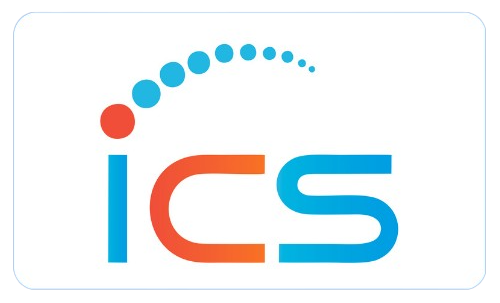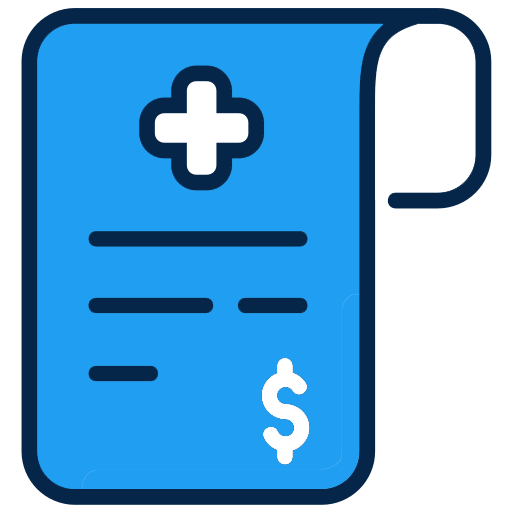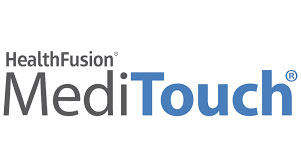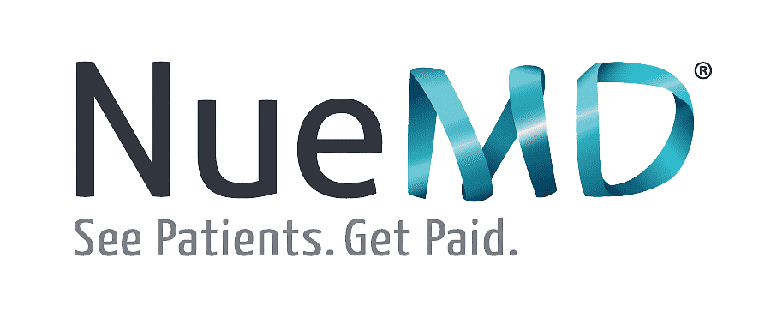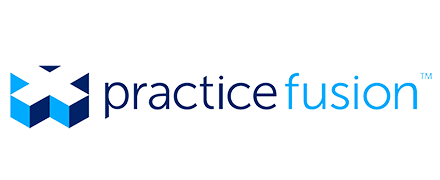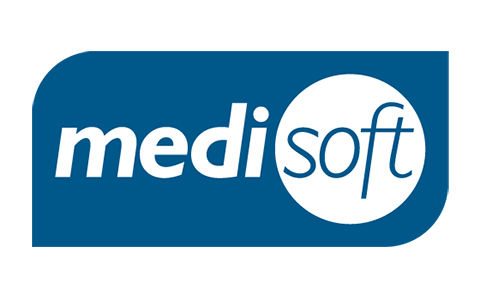Access to Behavioral health care is severely hampered by the difficulty of coding and paying for Behavioral health services. Compared to other sectors of healthcare, there are significant issues with payment, reimbursement, and billing for Behavioral health services. The billing procedure is impacted by the length, breadth, and restrictions that...
Guidelines for ASC Documentation and Coding
Many federal and state laws and regulations, as well as billing policies, place strict restrictions on the ASC practices. Everything pertaining to ASCs, including their day-to-day activities and payment policies, is defined in the regulations. The majority of patients at ambulatory surgery centers are covered by Medicare, thus they are...
5 Top Facts you Should Know about Mental Health Billing Services
Mental health billing encompasses multiple billing for mental health services until full recovery. In contrast other healthcare providers, mental health billing facilities frequently fall short in terms of the services they provide, pre-authorization, unbundling issues, staff size, and availability. While mental health therapy necessitates extra time from doctors to engage with...
Implementing the correct DME Billing Strategy
One of the biggest problems is the DME industry's reputation for undergoing ongoing modifications. The cost of employee training, decreased collections, billing mistakes, and suspension of operations due to staff absence are just a few of DME's many issues. Any of these issues has the potential to reduce both the...
5 Ways Healthcare Providers Can Optimize RCM Processes
Being effective at Revenue Cycle Management (RCM) in the healthcare sector is not only difficult, but also crucial for an organization's overall performance. The organization's performance can be increased, the administrative burden decreased, and profits can rise with effective RCM management. It is a good idea to have a backup...
